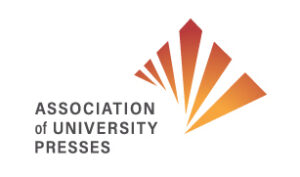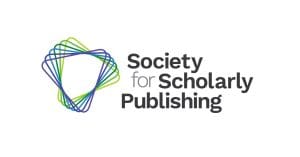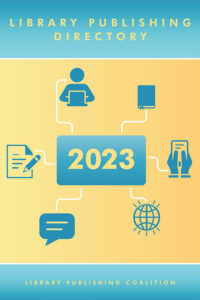
January 24, 2024
Affiliate Spotlight: Association of University Presses (AUPresses)
By Melanie Schlosser
LPC’s Strategic Affiliates Program connects our community with peer membership communities working in libraries, publishing, and scholarly communications. LPC’s leadership has regular touch base calls with each of our affiliates and occasionally invites their leadership to group discussions on topics of broad interest. This work helps us to support the ‘community of communities,’ to align our work and to avoid duplication of effort. However, it is largely invisible to LPC’s membership. To recognize our affiliates’ contributions to our community, and to connect our members to resources and opportunities in peer communities, we are publishing a series of Affiliate Spotlights on the blog in 2024.
About
Name: Association of University Presses (AUPresses)
Website: https://aupresses.org/
X (Twitter): @aupresses
Strategic affiliate since: 2017
AUPresses is an organization of 160 international nonprofit scholarly publishers. Since 1937, the Association of University Presses advances the essential role of a global community of publishers whose mission is to ensure academic excellence and cultivate knowledge. The Association holds intellectual freedom, integrity, stewardship, and equity and inclusion as core values. AUPresses members are active across many scholarly disciplines, including the humanities, arts, and sciences, publish significant regional and literary work, and are innovators in the world of digital publishing.
Resources
We asked our affiliates to identify some of their resources that may be of interest to the LPC community.
- AUPresses Annual Meeting https://aupresses.org/programs-events/annual-meeting/
- Best Practices for Peer Review: AUPresses Handbook for Scholarly Books https://peerreview.up.hcommons.org/
- Permissions FAQ https://aupresses.org/permissions-faq/
- Jobs List https://jobs.up.hcommons.org/
- Career Resources https://jobs.up.hcommons.org/career-resources/
- Guidelines for Submitting Illustrations https://aupresses.org/resources/guidelines-for-submitting-illustrations/
- Ask UP website https://ask.up.hcommons.org/
- Digital Monograph Costing Tool https://aupresses.org/resources/costing-tool/
- Facing Censorship: Guiding Principles https://aupresses.org/resources/facing-censorship/
- Value of University Presses https://aupresses.org/the-value-of-university-presses/
Collaborations
AUPresses and LPC regularly work together on envisioning the future of university-based publishing. The AUPresses Library Relations Committee frequently proposes Library Publishing Forum panels. We collaborate to support diversity and inclusion initiatives as members of C4DISC.


 As much as we love the searchable online interface for the
As much as we love the searchable online interface for the 